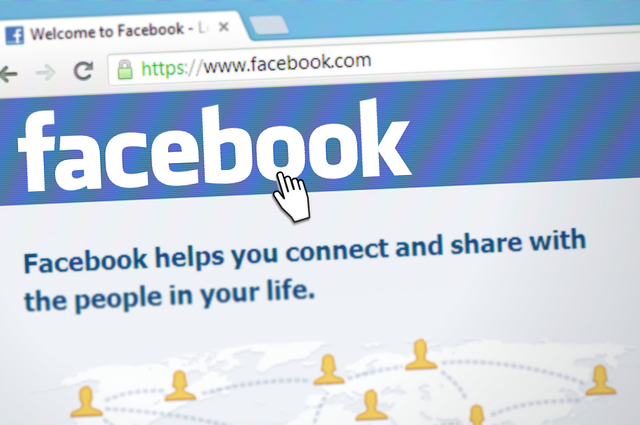Searching For Your Ex On Social Media? Study Examines Why We Facebook Stalk

One way or another, most of us are guilty of it. We’ve found ourselves looking at photos of our significant other’s ex, or our ex’s new spouse. We’ve found ourselves way too far back in someone’s social media account — so far that if we were to accidentally “like” something, it would be incredibly embarrassing. But what is it that motivates us to “Facebook stalk?”
A new study published in Cyberpsychology, Behavior, and Social Networking examines the psychology behind interpersonal electronic surveillance (the fancy term for social media stalking). The study authors, Dr. Jesse Fox from the The Ohio State University, Columbus, and Dr. Robert S. Tokunaga from the University of Hawaii at Manoa, Honolulu, evaluated the associations between different relationship factors relating to commitment in a relationship. These factors included attachment, investment in the relationship, responsibility for termination of the relationship, seeking relationship alternatives, and emotional distress after the relationship.
They found that it was the level of commitment (raised by high levels of investment in the relationship) was directly related to the level of distress after the breakup. The more distress after breaking up, the researchers found, the more social media stalking. This was particularly true for the partner who did not initiate the breakup.
“Since stress may trigger problematic Internet use, psychologists may wish to assess for increased usage by their patients during periods of stress, such as a relationship’s dissolution,” said Dr. Brenda K. Wiederhold, editor-in-chief for the Interactive Media Institute, San Diego, and the Virtual Reality Medical Institute, Brussels, in a statement.
The study involved 431 participants from a Midwestern university who had experienced a breakup in the last year. Participants took an online survey that measured the presence of different relationship factors, and researchers gathered that those most traumatized by a breakup were the most likely to participate in Facebook stalking.
Social media is discussed in the article as a potentially unhealthy enabler for those distressed about breakups, given its affordances. There is currently no clinical boundary for what kind of online behavior is considered psychologically healthy. It’s pretty obvious that obsessing over an ex-partner’s social media can bring back memories, cause jealousy, and exacerbate overall feelings of anxiety or depression. Depression, along with rumination and a desire to rekindle the relationship, is a common post-dissolution consequence that could be considered a coping mechanism or something that prolongs distress.
The authors note the social media sites will continue to play a key role in the “escalation, maintenance, and dissolution of romantic relationships,” and that it remains to be seen whether certain social media behaviors are constructive or destructive forces.
Source: Fox J, Tokunaga R. Romantic Partner Monitering After Breakups: Attachment, Dependence, Distress, and Post-Dissolution Online Surveillance via Social Networking Sites. Cyberpsychology, Behavior, and Social Networking. 2015.
Published by Medicaldaily.com



























